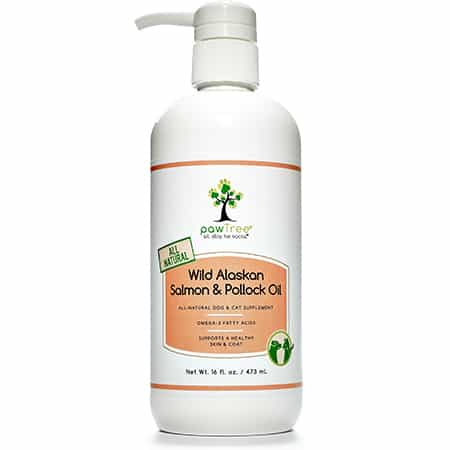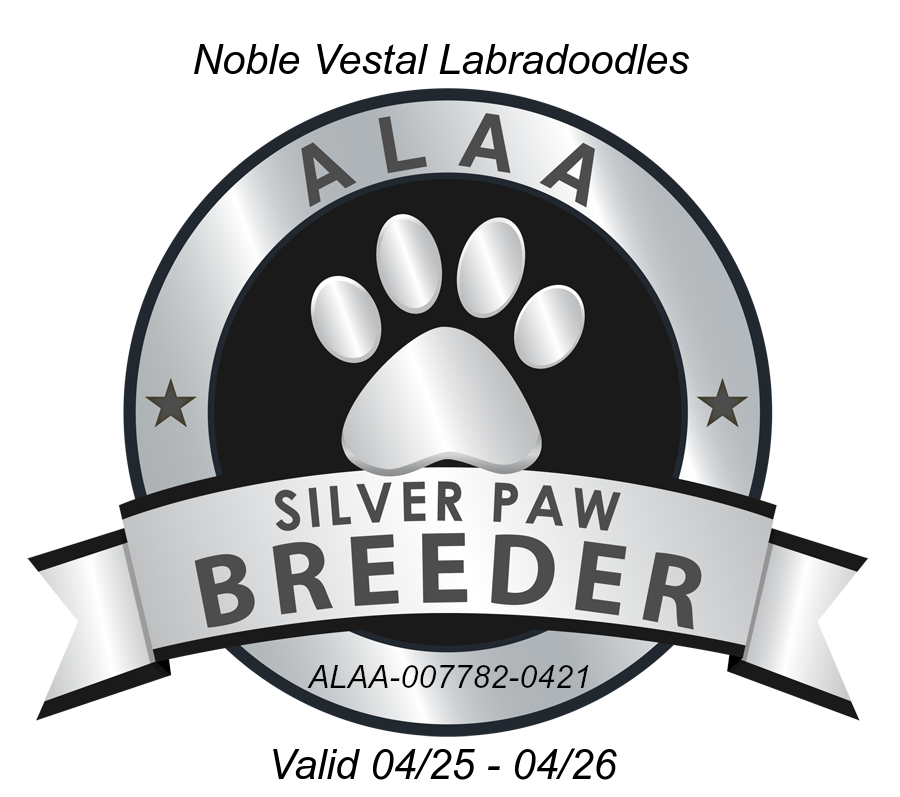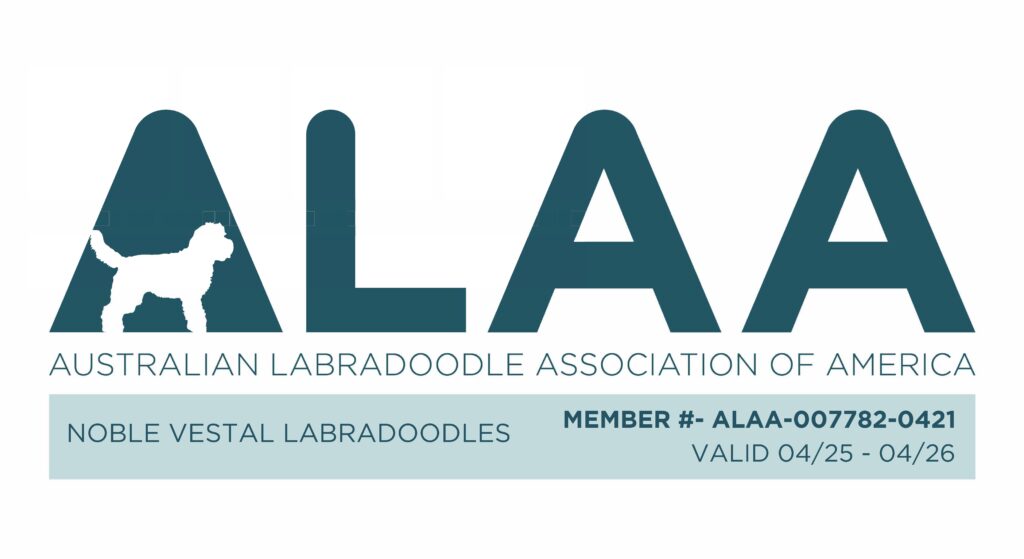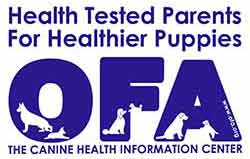Itchy, Achy, Foggy Dogs Need Fish Oil
Veterinarians often recommend fish oil for canine arthritis. That’s because fish oil is a natural anti-inflammatory proven to provide relief to painful joints. A study published in the Journal of the American Veterinary Association concluded that arthritic dogs “had a significantly improved ability to rise from a resting position and play at six weeks (of supplementation) and improved ability to walk at 12 and 24 weeks, compared with control dogs.” You need to give the fish oil time to work, it can take at least a couple of months for clinical improvement to be noted.
Benefits of Fish Oil for Your Australian Labradoodle
In addition to arthritis, a fish oil supplement can help with:
- skin disorders, like itching
- kidney disease
- hypertriglyceridemia (too much fat in the blood)
- cognitive dysfunction syndrome (don't wait until you see signs of old age)
- cancer (appears to slow growth in some cancers)
Fish oil is usually derived from cold water fish, including salmon, sardine, and anchovy.
Fish oils are rich in omega-3 fatty acids, namely, eicosapentaenoic acid (EPA) and docosahexaenoic acid (DHA). EPA and DHA can act in an anti-inflammatory manner with benefits for skin, heart, kidney, brain, and joints.
Fish Oil Dosages for Dogs
You can start supplementing fish oil at any age! We recommend starting early to as a preventative health aid. Sooner is better than later for an active, athletic dog.
The recommended dosage of combined EPA and DHA (omega-3 fatty acids; see sidebar) depends on the condition being treated but ranges from 70 to 310 milligrams per kilogram (mg/kg) of body weight, which is 1 mg per 2.2 lbs your dog’s body weight. The National Research Council (NRC) says the upper safe limit is 370 mg/kg.
Some dogs can be sensitive to fish oils – especially if they have a history of gastrointestinal or pancreatic disease – so gradually introduce your dog to fish oil to make sure it’s tolerated. If a dog gets too much fish oil, the result can include oily diarrhea, vomiting, and pancreatitis.
If your dog is overweight, be sure to consider the fat content in fish oil in your dog’s calorie budget. If you are unsure how much fish oil should be given to your dog, please consult your dog’s veterinarian.
We love the PawTree Fish oil, our dogs get it as a topper to their food every day https://pawtree.com/noblevestaldoodles/product/GM2018












